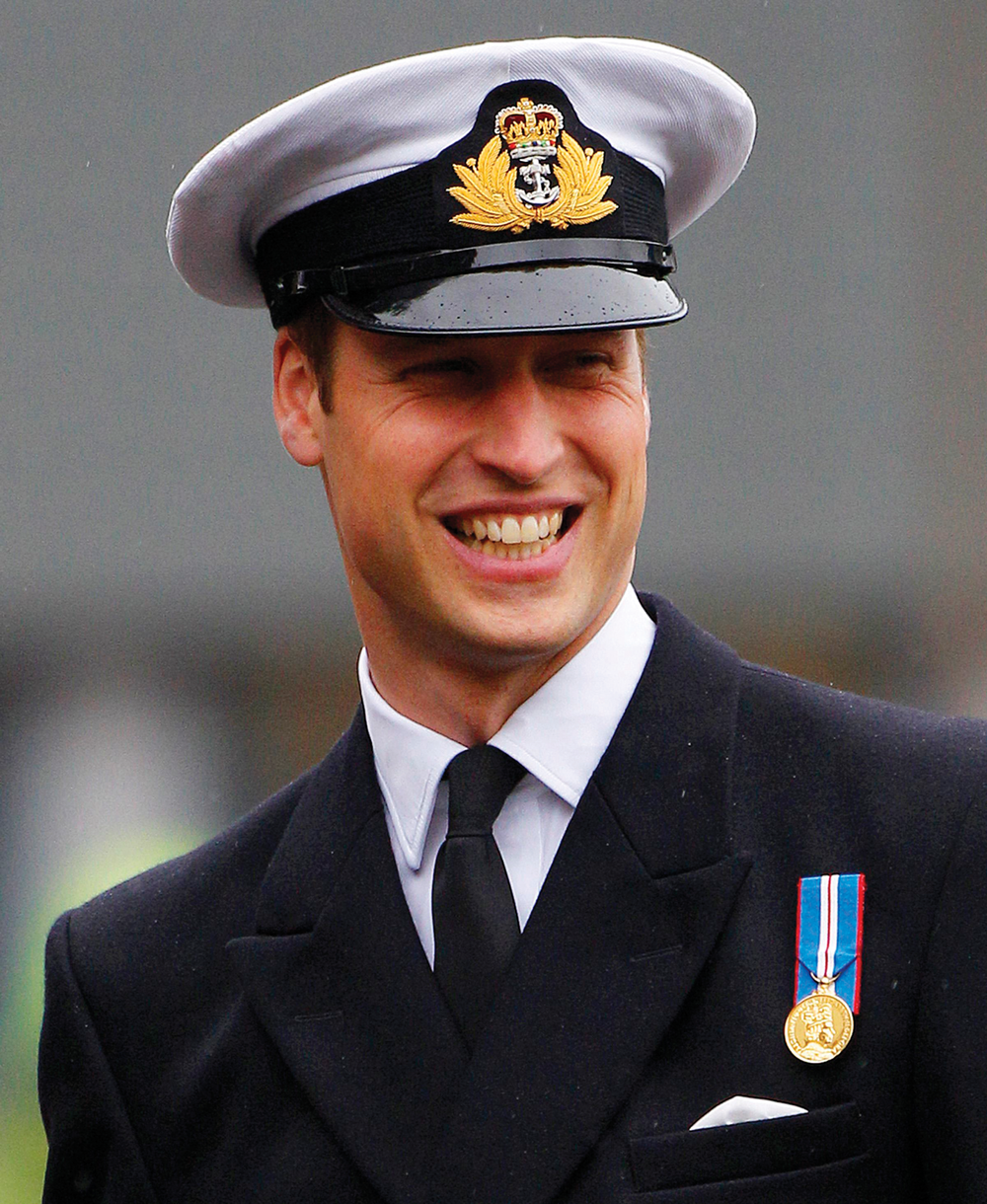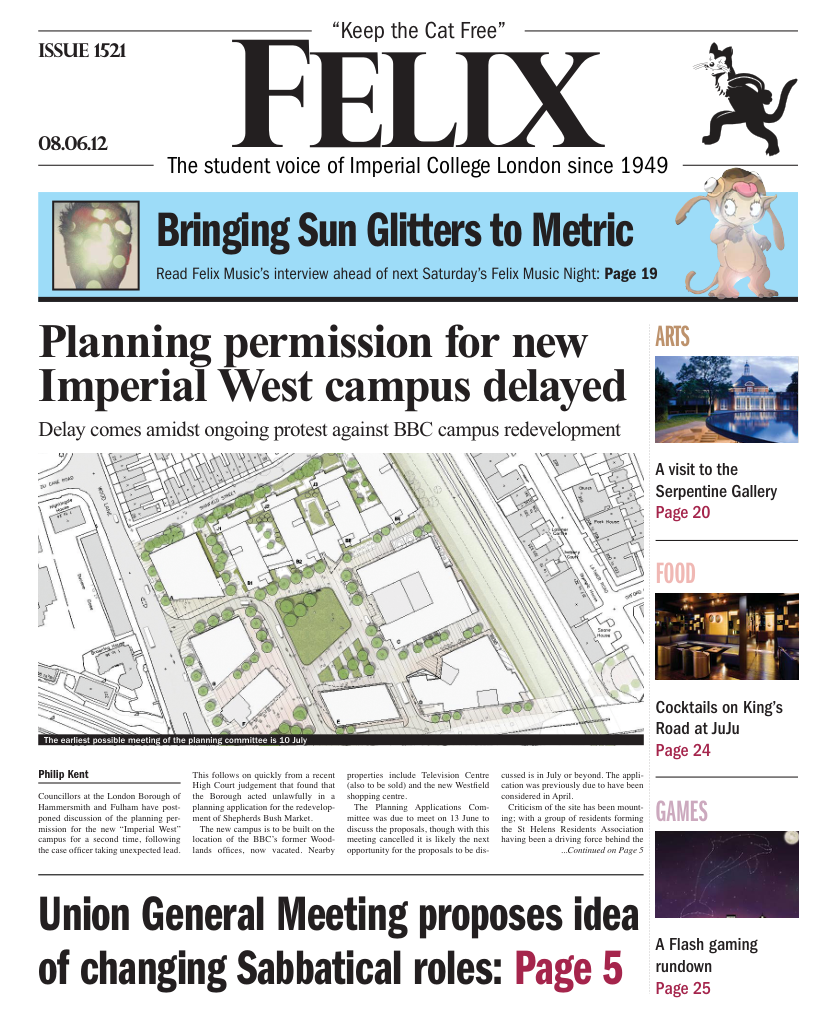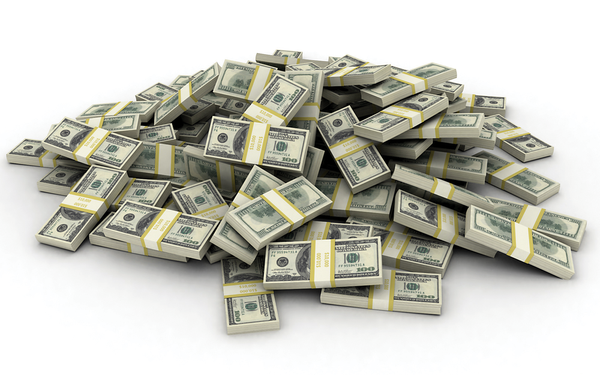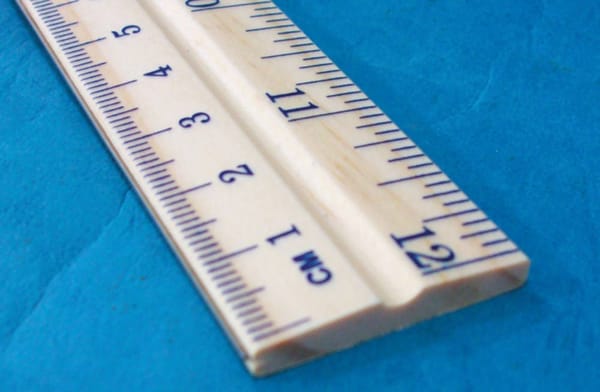Monarchy is outdated
Maybe it's time for a Republic

If you’ve been in the country for the past month or so, you undoubtedly will have heard about the Queen’s Jubilee and the great festivities that accompanied it. National holiday, extended weekend, parades and lots of flag-waving to celebrate the monarch’s sixty year reign. One thing that I was taken aback by was the scale of the whole thing; not by the lavishness and pomp, as I was expecting that considering how proud and wealthy this kingdom is and has been, but rather by how much everyone participated in the affair. As the nation ground to a halt, Union Jacks were flown everywhere and thousands if not millions gathered to celebrate across the globe. Faraway, and otherwise unrelated, countries covered the jubilee in great detail and everyone seemed to participate in wishing the Queen well. My Facebook feed constantly showed messages of support. My cynical side is quick to explain how this widespread approval might be motivated by the four-day holiday, but that aside, the celebrations seemed very earnest.
The monarchy, it appears, is very beloved. Not only does it still enjoy support, but it’s thriving, if the popular participation in events such as the Jubilee and the Royal Marriage last year is of any indication; which is all the more jarring considering how outdated as a concept it is, and how it is a reminder of harsher times. The monarchies we have today are the direct descendants of those that were born in the Middle Ages or prior. The spirit of unwarranted social elitism that they embodied for centuries is still present, though scaled down, and they have survived cultural changes that should have spelt the end of a ruling class decided by inheritance. Being a king or queen or duke or emperor is, obviously, no longer the same it used be: most have no real power, and their only official duties consist of, mainly, waving to crowds and inaugurating buildings and such. But they are still present: their prerogatives almost abolished, their role lessened, their power given to others, but they are still there. Isn’t this mostly ceremonial function a sign that monarchy is a relic of the (bad) past, one who we cling to out of sheer tradition?
... a monarchy is born as institutionalised class division, and even mangled and diminished, many of its aspects are still present
Long gone is the age when being king actually meant something, when nations would go to war to avoid someone being crowned and the will of a monarch could make or unmake its country’s fortunes; one can hardly argue in favour of that state of affairs. A single individual’s whims and desires have caused tragedies and conflicts more often than they have been beneficial, and it should be apparent that hereditary succession is a poor choice for heads of state; but once we realise that, why do they still exist? Surely, the advent of republicanism and our progress as a civilisation should have been the end of all kings, but not only do many countries still have monarchies, they are very proud of it too.
Tradition, as already mentioned, is probably the main reason behind this: I, myself, am not insensible to the rich and interesting history of the British Kingdom, but I still feel it belongs, because of this, in the history books. Monarchy, not only as a form of government but even as an ideal, is outdated. In its modern vestigial form it is still a reminder of how, for centuries, the rights and prerogatives of few could trump and overrule those of many. The closely related concept of aristocracy thrives with it, creating a ruling class that derives its power from itself. And while, thankfully, this has been vastly changed, the idea still exists and permeates our culture. The celebrations for the jubilee are a reminder of how, despite massive social changes and greater equality, the greatest honours are still reserved for those born with the right set of parents.
There are other arguments against monarchy. Notably the expense of maintaining it – though I don’t want to touch upon that. The discussion would be just a finicky number war, and I’m not convinced a republic would be significantly cheaper. I prefer to concentrate on the cultural impact of still having a monarch as head of state, which is at odds with the meritocracy that our society is supposed to be founded upon: it gives undue honour and power; it promotes an archaic vision of the country as an extension of the monarch, rather than as a nation of citizens; it is a collection of old habits and traditions that no longer make sense in a modern context.
While discussing this with friends, the prevailing sentiment was that “the monarchy doesn’t actually do anything”, and hence it is harmless to society; but a monarchy is born as institutionalised class division, and even mangled and diminished, many of its aspects are still present. That we still cheer and celebrate it shows how our culture hasn’t managed to outgrow this anachronism.







